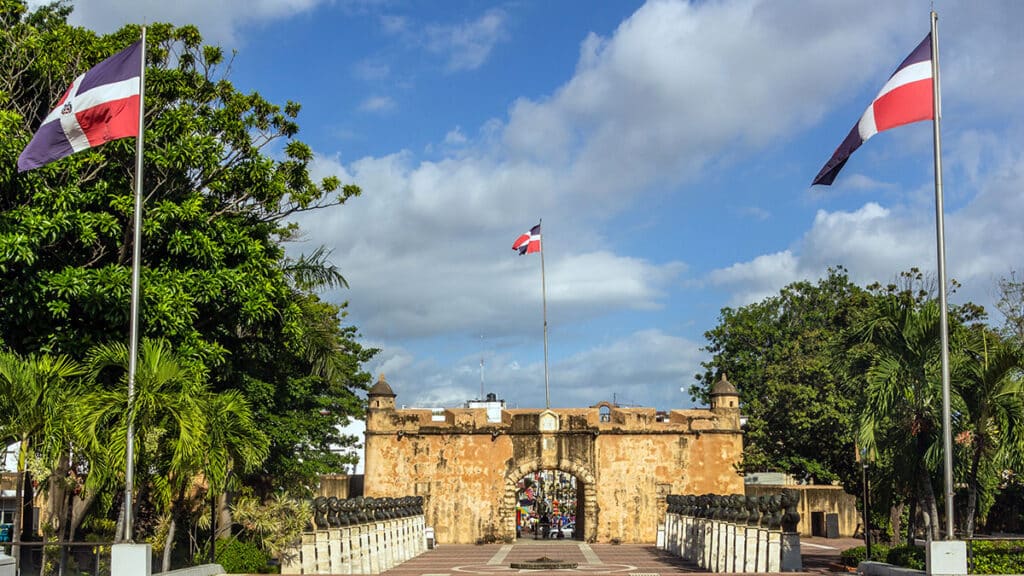Dominican Independence Day on February 27 celebrates the Dominican Republic’s independence from the Haitian occupation in 1844. It often happens during Carnival. ¡Dominicanidad!
Dominican Independence Day 2024

The next Dominican Independence Day is Tuesday, February 27, 2024.
Independence Day is February 27, but in Dominican style, we celebrate all month long. After all, it took us a long time to get free.
Our beautiful island has a wild history. Christopher Columbus came in 1492. Santo Domingo was the first Spanish settlement in the Americas. It was the main port of Spain’s early transatlantic trade.
When the Spaniards moved the trade to Cuba, the French took what is now Haiti in 1697. They took over the entire island in 1795. It was called Santo Domingo then. Latin Jazz musicians still call it that today. It makes sense because you say you are going to a city, like, “I’m going to New York,” not “I’m going to the U.S.”
Haiti earned its independence in 1804 after the first successful slave uprising. The Spaniards came back to Santo Domingo in 1814.
Independence from Spain
In 1821 Santo Domingo creoles (American-born Spaniards) under the leadership of writer José Núñez de Cáceres declared independence from Spain on December 1821 and we were free for the first time.
Núñez de Cáceres believed in using literature for social protest. That has become something of a Dominican tradition. We have great writers today like Junot Díaz and Julia Alvarez.
We tried to join Simón Bolívar’s Gran Colombia (now Venezuela, Colombia, and Ecuador). It was a wild time in the Americas because creoles were trying to get free from Spain and everybody else was trying to get free from the creoles. After just two months of freedom Haiti took over the entire island in 1822.
Independence from Haiti
In 1838, Dominican founding father Juan Pablo Duarte started a secret resistance movement called La Trinitaria (The Trinity) with Matías Ramón Mella and Francisco del Rosario Sánchez. The three leaders were the trinity. The movement grew into La Filantrópica (The Philanthropists) who used public theater to spread ideas of freedom.
The Dominican War of Independence was a long guerilla war. The rebels captured Fortaleza Ozama, the fortress that guards the Rio Ozama in Santo Domingo on February 27, 1844. That is what we celebrate as Dominican Independence Day.
